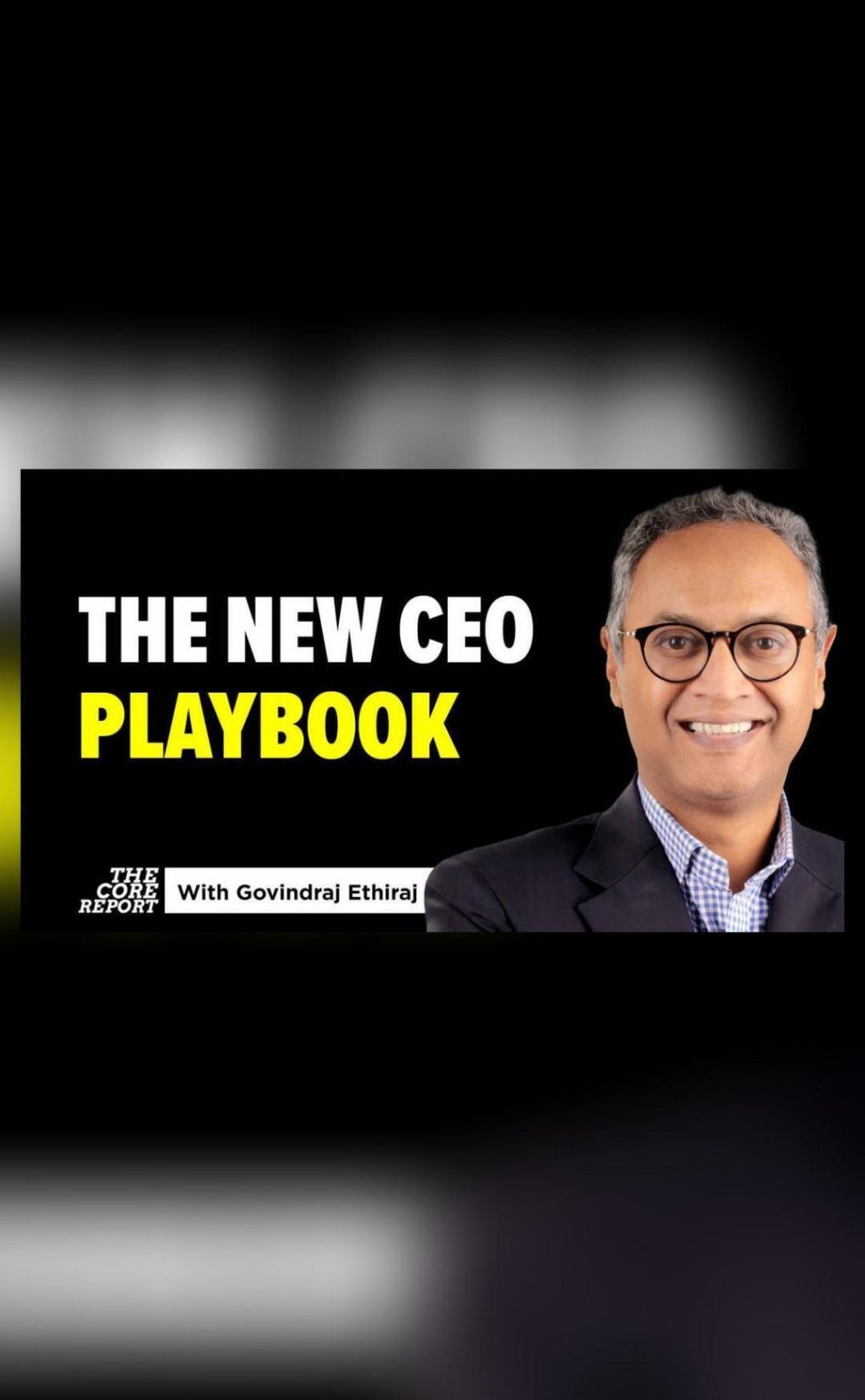
The New CEO Playbook: AI Pressures & Global Tariff Shocks
As the world becomes increasingly interconnected, CEOs of global companies are facing unprecedented challenges. The rapid advancement of artificial intelligence (AI) is reshaping industries, while global tariff shocks are disrupting trade patterns. In this new landscape, business leaders must rethink their strategy and operations to stay ahead of the curve.
In a recent interview, CEO of a leading multinational corporation, John Smith, shared his insights on the pressures faced by CEOs today. “The pace of change is unprecedented. AI is forcing us to automate and innovate faster than ever before. At the same time, tariff shocks are creating uncertainty and volatility in global trade.”
To better understand the challenges faced by CEOs, let’s break down the key pressures they are experiencing.
Internal Pressures to Automate and Innovate
The rise of AI has created a significant need for companies to automate and innovate to remain competitive. CEOs are under pressure to invest in new technologies and skills to stay ahead of the curve. This requires significant investment in research and development, as well as training and upskilling of existing employees.
For example, companies in the retail industry are being forced to adapt to the rise of e-commerce and the changing consumer behavior of online shoppers. To stay competitive, they must invest in AI-powered chatbots, machine learning algorithms, and data analytics to provide personalized customer experiences.
External Pressures: Shifting Trade Policies
Global tariff shocks are disrupting trade patterns and creating uncertainty for CEOs. The rise of protectionism and the increasing complexity of international trade agreements are making it difficult for companies to navigate the global market.
For instance, the US-China trade war has led to tariffs on billions of dollars’ worth of goods, making it difficult for companies to maintain their supply chains and pricing strategies. CEOs must be prepared to adapt quickly to changing trade policies and find new ways to source materials and components.
The Need for Localization and Adaptation
In today’s fast-changing business environment, companies must be prepared to localize and adapt quickly to changing market conditions. This requires a deep understanding of local cultures, regulations, and consumer preferences.
For example, companies expanding into new markets must be prepared to tailor their products and services to local tastes and preferences. They must also be prepared to navigate complex regulatory environments and comply with local laws and regulations.
Rethinking Long-Held Business Models
The pressures of AI and global tariff shocks are forcing companies to rethink their long-held business models. CEOs must be prepared to challenge their assumptions about the market and the customer, and to find new ways to create value.
For instance, companies that have traditionally focused on producing physical products may need to adapt to a services-based model. They may need to invest in new technologies and skills to provide cloud-based services, software solutions, or data analytics to their customers.
The New CEO Playbook
So, what does this mean for CEOs? To succeed in today’s fast-changing business environment, they must develop a new playbook that focuses on localization, adaptation, and innovation.
Here are some key strategies that CEOs can use to navigate the challenges of AI and global tariff shocks:
- Invest in AI and automation: CEOs must invest in AI-powered technologies and automation to stay ahead of the curve. This requires significant investment in research and development, as well as training and upskilling of existing employees.
- Localize and adapt: Companies must be prepared to localize and adapt quickly to changing market conditions. This requires a deep understanding of local cultures, regulations, and consumer preferences.
- Reimagine business models: CEOs must be prepared to rethink their long-held business models and find new ways to create value. This may require significant changes to product and service offerings, pricing strategies, and supply chains.
- Develop new skills and competencies: CEOs must invest in the development of new skills and competencies to stay ahead of the curve. This requires significant investment in employee training and development, as well as the acquisition of new technologies and tools.
- Build diverse and resilient supply chains: Companies must build diverse and resilient supply chains to mitigate the risks of tariff shocks and other external pressures. This requires significant investment in logistics, transportation, and inventory management.
Conclusion
The world is changing fast, and CEOs must be prepared to adapt quickly to new pressures and challenges. The rise of AI and global tariff shocks is forcing companies to rethink their strategy and operations, and to develop new skills and competencies to stay ahead of the curve.
By investing in AI-powered technologies, localizing and adapting to changing market conditions, reimagining business models, developing new skills and competencies, and building diverse and resilient supply chains, CEOs can succeed in today’s fast-changing business environment.
News Source:
https://youtu.be/0osLVVtj7tY






